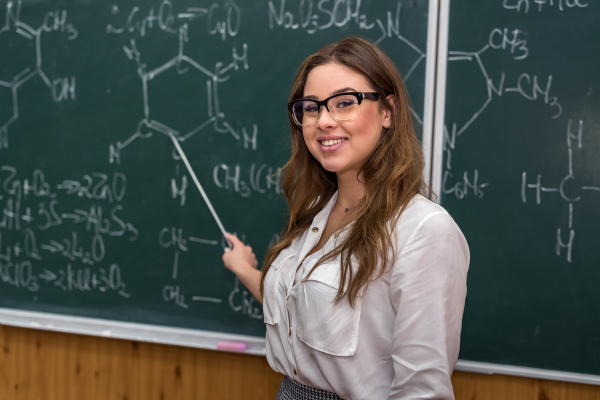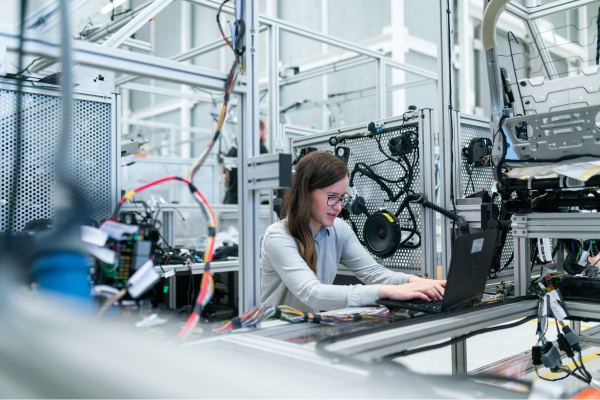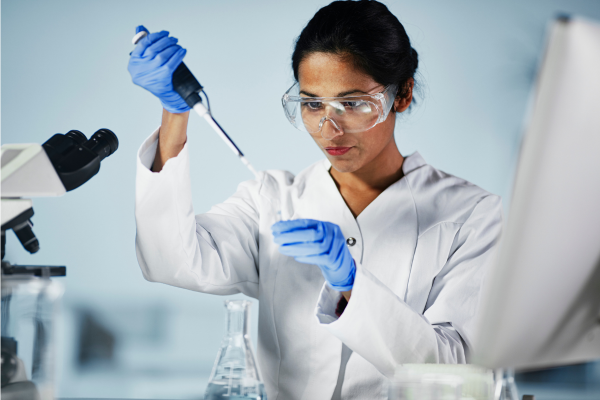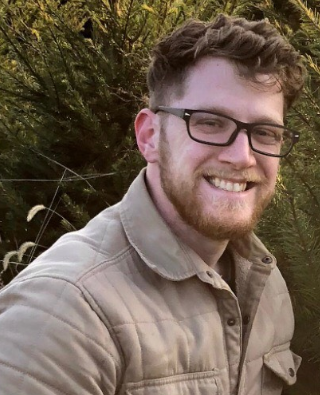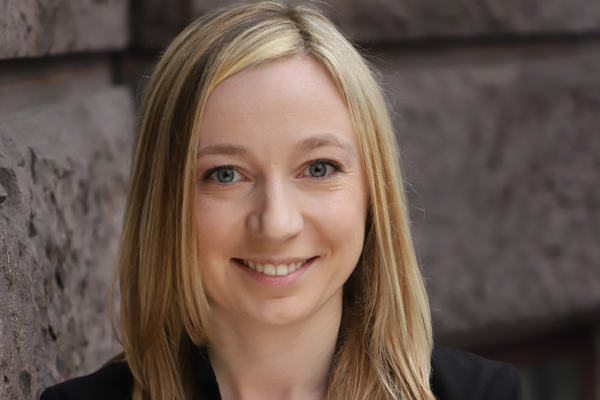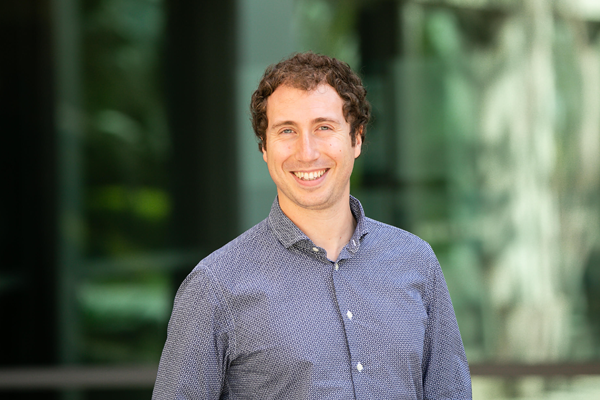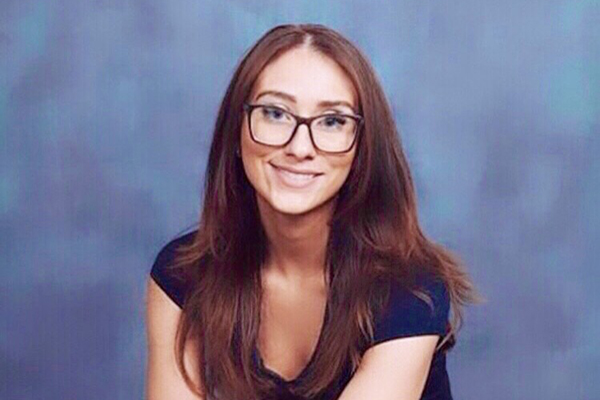By: Nina Notman
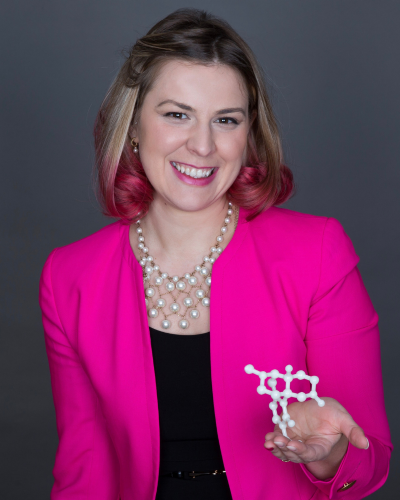
Jackie O'Neil had a major change of heart less than a week into a journalism degree at Emerson College. As a result, she switched to chemistry and went on to graduate from Northeastern University in Boston with dual bachelor's and master's chemistry degrees in 2010.
“I chose Northeastern because it has a co-op program where students complete three, six-month, work placements,” O’Neil says. Her first co-op was writing safety data sheets and other regulatory compliance information for the specialty chemicals and materials company W.R. Grace. A stint in an organic synthesis academic lab at Northeastern followed, then a third co-op in the formulation chemistry group at the Waltham site of the biotechnology company Alkermes.
After graduation in 2010, O’Neil took up a permanent bench chemistry role on the same team at Alkermes. She was part of the development team for Alkermes’ Lybalvi (olanzapine and samidorphan), which received US Food & Drug Administration approval in June 2021 for the treatment of adults with schizophrenia and bipolar I disorder. During this time, O’Neil gained experience developing and transferring technology over to Alkermes’ manufacturing partners. “I was able to learn what that side of the business was like and I really enjoyed working with external stakeholders,” she explains.
This experience led O’Neil – in 2019 – out of the lab and to the external manufacturing team at Akebia Therapeutics, a biopharmaceutical company focused on kidney disease. “Akebia has a virtual model where we partner with third party manufacturers,” she explains. She and her team coordinate the manufacturing supply chain for Akebia’s Auryxia, which is used to control serum phosphorus levels in adults with chronic kidney disease on dialysis, and to treat iron deficiency anemia in adults with chronic kidney disease not on dialysis, as well as drug candidates in the company’s pipeline. “We are like the conductors of an orchestra, there are a lot of moving pieces and we're the one that have to keep everything working fluidly and on-time,” O’Neil says.
What is the best thing about your current role?
I love building connections with our global partners. When a company is able to successfully partner it can do some really incredible things that it couldn’t achieve alone.
What do you least like about your current role?
One of the challenges of supporting global manufacturing is that, at times, it can be a 24/7 role. Manufacturing doesn't stop just because of a US holiday weekend, for instance.
Tell us about a particularly exciting project that you've worked on.
Akebia recently filed a New Drug Application with the US Food and Drug Administration for vadadustat, an investigational drug being developed for the treatment of anemia due to chronic kidney disease. Our team has been focusing on managing the multiple steps of the manufacturing processes, in close collaboration with our partners, so we are ready if it gets approved.
Who is your mentor?
I have so many mentors in both my personal and professional life. Being able to learn from other folks is something that I feel very passionate about, to help me grow as a scientist and as a manager.
What's the best piece of professional advice you've received?
To acknowledge, and play to my strengths. This was something that I thought critically about when making the transition out of the lab. I love to have a million things in the air, to be organizing everything and making sure plans are moving in the right direction and on time. That's something that I just enjoy so much in my current position – it's innate to me.
What's your morning routine?
I get up and with my first coffee, check in to make sure that none of our sites in time zones ahead of us need any urgent action. I then exercise and/or walk my dog, Sadie, before settling into my desk around 7:30 or 8:00 AM.
If you weren't a chemist, what would you like to be?
A journalist or writer. All scientists should be able to write; it's not enough just to discover something, you also have to be able to share your findings clearly with others. That was one of the reasons I chose Northeastern – there is a significant emphasis on writing in the technical disciplines.
What was your first job?
I worked in a seafood market and restaurant on Cape Cod when I was growing up. It was my first paid job, selling lobsters, frying clams, and French fries for tourists in the summer.
Share something you did for fun recently
I am a Boston native, but I hadn’t visited most of the local natural spaces before COVID-19. During lockdown, my sister and I took our dogs to explore many of these areas.
This article has been edited for length and clarity. The opinions expressed in this article are the author's own and do not necessarily reflect the view of their employer or the American Chemical Society.
Copyright 2022 American Chemical Society (All Rights Reserved)

